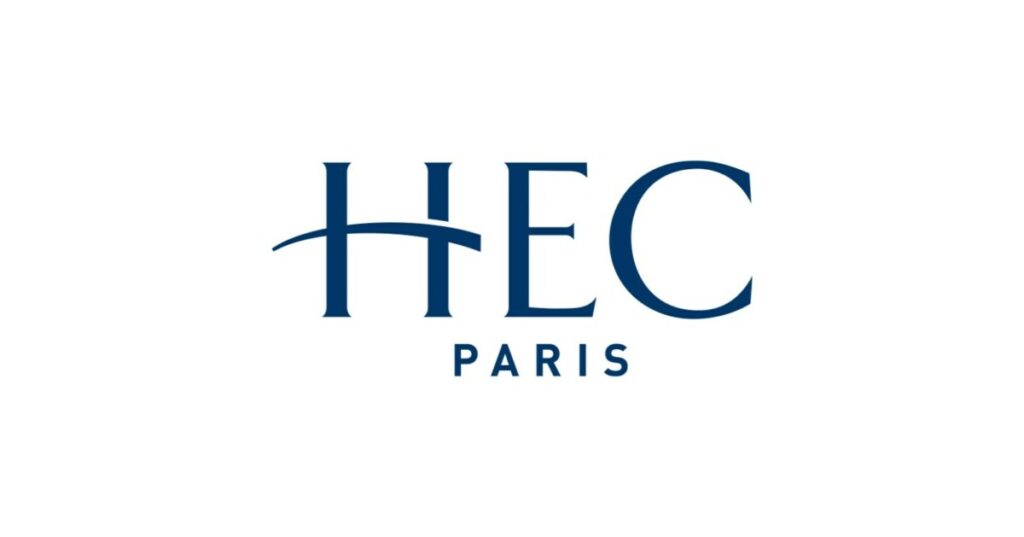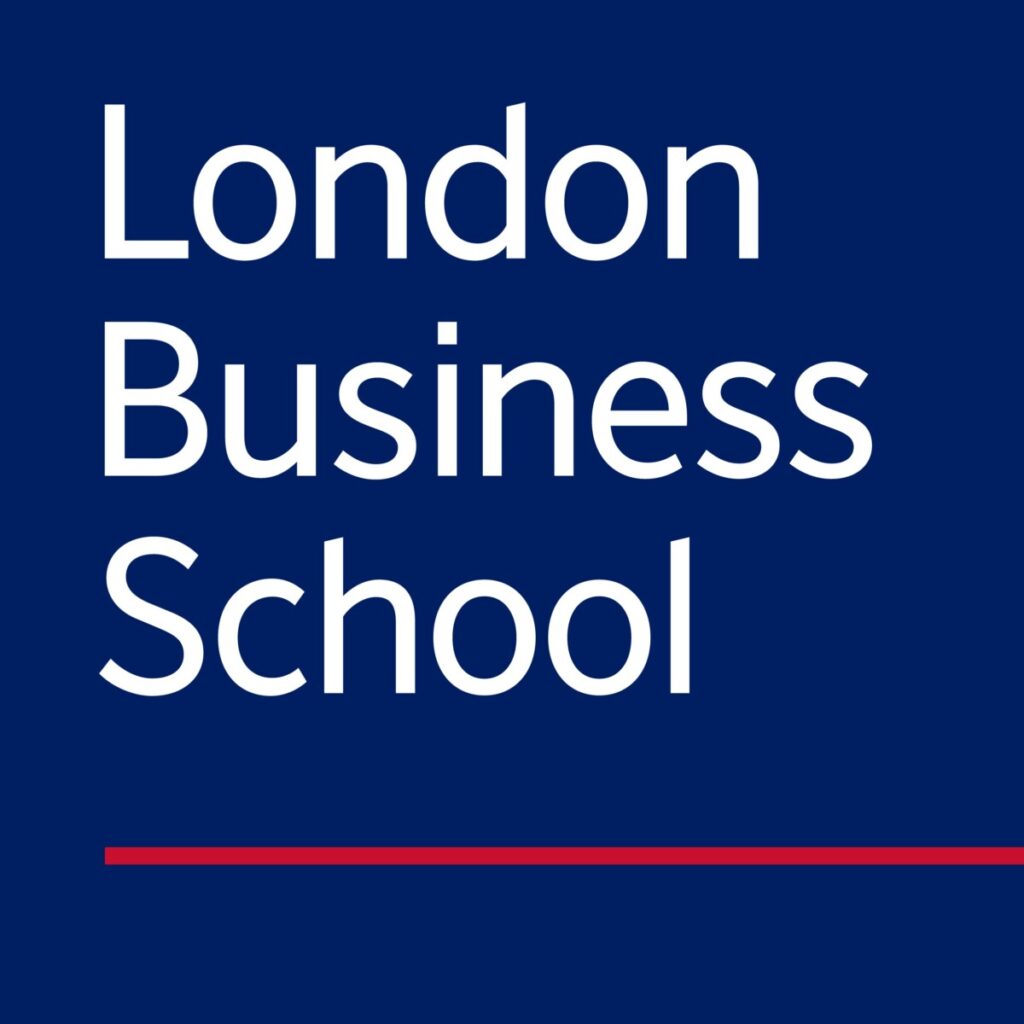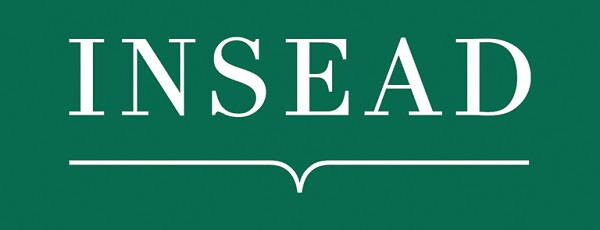An MBA from a world-class institution is one of the most prestigious achievements in the business world. Top business schools such as Harvard Business School, Stanford Graduate School of Business, HEC Paris, London Business School, Wharton, Columbia Business School, and INSEAD are renowned for producing exceptional business leaders who shape industries and redefine global business practices.
These institutions offer dynamic MBA programs with rigorous curricula that provide students with the essential skills to lead in a complex and rapidly changing business environment. This blog post will explore the core modules and specializations offered by these prestigious MBA schools, diving into the specifics of what students can expect and how each institution tailors its curriculum to foster innovation, leadership, and global perspective.
1. Introduction to MBA Programs at Top Business Schools
Top-tier business schools offer a blend of core courses, specialized electives, and diverse extracurricular opportunities to ensure their graduates are equipped to thrive in leadership roles. The MBA programs at these schools are structured to offer foundational knowledge, critical thinking, and opportunities for deep exploration of specific business areas.
Let’s take a closer look at the core modules and specializations offered by some of the world’s most distinguished business schools: Harvard Business School, Stanford Graduate School of Business, HEC Paris, London Business School, Wharton, Columbia Business School, and INSEAD.
2. Core Modules in MBA Programs at Leading Schools
2.1 Harvard Business School (HBS)

Harvard’s MBA program is known for its unique case-study methodology, where students analyze real business scenarios and make decisions based on those cases. This approach fosters critical thinking, debate, and hands-on learning. The core curriculum at HBS covers a wide range of business topics to provide a comprehensive foundation.
- General Management: Harvard’s focus on general management equips students with broad skills across functional areas, encouraging a holistic understanding of business.
- Finance: Courses like “Financial Reporting and Control” and “Finance I” provide a strong understanding of corporate finance and accounting.
- Leadership and Organizational Behavior: The “Leadership and Organizational Behavior” course teaches students to lead organizations effectively, focusing on leadership theory and practice.
- Entrepreneurship: HBS offers a variety of entrepreneurship courses, from “Entrepreneurial Management” to “Business Planning for Startups.”
- Marketing: HBS emphasizes data-driven decision-making, customer segmentation, and branding strategies, making it a cornerstone of the curriculum.
2.2 Stanford Graduate School of Business (GSB)

Stanford’s MBA program is renowned for its focus on innovation, entrepreneurship, and leadership. The GSB’s core curriculum is relatively short and flexible, allowing students to tailor their learning path early on.
- Organizational Behavior: The program delves into decision-making, motivation, and leadership within organizations.
- Financial Accounting: Stanford’s “Financial Accounting” course equips students with the tools to analyze financial statements and apply accounting information in business settings.
- Managerial Economics: This course provides an understanding of how economic analysis influences decision-making in business.
- Entrepreneurship and Innovation: Given Stanford’s proximity to Silicon Valley, courses in “Entrepreneurial Finance” and “Innovation Strategy” are central to the curriculum.
- Ethics and Leadership: Stanford emphasizes ethical leadership with courses like “Business Ethics and Leadership.”
2.3 HEC Paris

HEC Paris offers an MBA program focused on leadership and international business. The core curriculum focuses on broad business functions, with an emphasis on global business environments.
- Corporate Finance: Students explore corporate finance, financial markets, and the role of finance in corporate strategy.
- Marketing: The HEC MBA program teaches marketing strategies with a global perspective, focusing on brand management and consumer behavior.
- Leadership: HEC Paris places a strong emphasis on leadership development through courses like “Leadership in Action.”
- International Business: With a diverse student body, HEC offers a strong focus on international business, global strategy, and cross-cultural management.
2.4 London Business School (LBS)

London Business School is known for its diverse, global approach to business education. The LBS MBA program combines a rigorous academic foundation with an emphasis on international perspectives.
- Finance: LBS offers courses such as “Corporate Finance” and “Financial Markets” to deepen students’ understanding of financial analysis and strategic investment.
- Strategy: The “Strategic Management” course helps students develop skills to address competitive challenges and create sustainable business strategies.
- Marketing: The MBA program at LBS includes courses like “Global Marketing” and “Marketing Strategy.”
- Leadership: LBS places a heavy emphasis on leadership development, offering programs like “Leadership Development Programme.”
- Operations: LBS provides courses in operations management, such as “Operations Strategy” and “Supply Chain Management.”
2.5 Wharton School of the University of Pennsylvania

Wharton’s MBA program is one of the most prestigious, with a focus on analytical decision-making, global business, and leadership.
- Finance: Wharton’s finance curriculum is unmatched, with courses in “Corporate Finance,” “Investment Management,” and “Financial Derivatives.”
- Marketing: Wharton’s marketing courses focus on both strategy and analytics, with a strong emphasis on customer insights and market research.
- Strategic Management: Wharton offers a robust strategy curriculum, including courses on corporate strategy, competitive advantage, and innovation.
- Leadership and Ethics: The Wharton Leadership Program emphasizes ethical decision-making, power, influence, and negotiation.
- Entrepreneurship: Wharton’s MBA offers deep dives into entrepreneurship, including “Venture Initiation” and “Venture Capital & Private Equity.”
2.6 Columbia Business School

Columbia’s MBA program emphasizes analytical decision-making and global perspectives, preparing students for leadership roles in complex business environments.
- Finance: Columbia is known for its finance expertise, with core courses like “Corporate Finance” and “Investment Banking.”
- Entrepreneurship: The “Entrepreneurial Management” course focuses on managing startups and scaling ventures.
- Marketing: Columbia’s marketing courses, including “Marketing Strategy” and “Consumer Behavior,” equip students to develop marketing strategies in a digital world.
- Global Business: With its New York City location, Columbia offers rich opportunities to engage with global business issues through courses like “International Business” and “Global Strategy.”
- Leadership: Columbia emphasizes leadership through courses such as “Leadership & Organizational Change.”
2.7 INSEAD

INSEAD offers one of the most international MBA programs in the world, with campuses in France, Singapore, and Abu Dhabi. The curriculum focuses on global business challenges and leadership.
- Strategic Management: INSEAD’s strategic management courses prepare students to craft competitive business strategies in dynamic global markets.
- Finance: INSEAD offers courses in corporate finance, financial markets, and risk management.
- Entrepreneurship: INSEAD’s focus on entrepreneurship includes courses like “Venture Capital & Private Equity” and “Innovation & Design Thinking.”
- Marketing: INSEAD offers a comprehensive marketing curriculum, including “Brand Management” and “Marketing Strategy.”
- Leadership: Leadership development is a central theme at INSEAD, with courses in leadership, negotiation, and team dynamics.
3. Specializations and Electives at Leading MBA Schools
After completing the core modules, students at these schools have the opportunity to specialize in a range of areas, allowing them to tailor their education to their career goals. Below are some common specializations offered by these top institutions:
3.1 Finance Specialization
Schools like Wharton, Columbia, and INSEAD offer deep financial expertise. These programs cover areas such as investment banking, private equity, corporate finance, and financial engineering. Students in the finance track typically take electives like “Mergers & Acquisitions,” “Hedge Funds,” and “Venture Capital.”
3.2 Entrepreneurship
Entrepreneurship is a major focus at Stanford, Harvard, and INSEAD, which offer a mix of practical and theoretical courses on building and scaling businesses. Stanford’s Center for Entrepreneurial Studies and Harvard’s Rock Center for Entrepreneurship provide unique resources for budding entrepreneurs.
3.3 Marketing
Specializing in marketing is popular at London Business School and HEC Paris, where students learn about digital marketing, consumer behavior, and brand strategy. Courses like “Customer Insights” and “Global Marketing” offer real-world applications.
3.4 Global Business
The MBA programs at HEC Paris, INSEAD, and Columbia emphasize the global business environment. Students learn about international trade, global marketing, and cross-cultural management through both electives and international exchange programs.
3.5 Consulting
Many students at schools like Wharton and Columbia aim for careers in consulting. These schools offer specialized tracks in management consulting, with courses like “Consulting Practices,” “Business Problem-Solving,” and “Strategy Consulting.”
3.6 Technology and Innovation
Technology and innovation are key specializations at Stanford, INSEAD, and HEC Paris. Students explore tech entrepreneurship, innovation management, and digital transformation, with courses like “Technology Strategy” and “Digital Marketing.”
4. Conclusion: The Comprehensive MBA Education at Leading Business Schools
World-class MBA programs like those at Harvard, Stanford, HEC Paris, London Business School, Wharton, Columbia, and INSEAD provide students with an education that is both comprehensive and specialized. Through their core modules, students gain a strong foundation in business principles, while the wide range of electives and specializations enables them to dive deeply into their areas of interest.
Whether you are looking to become a finance expert, an innovative entrepreneur, or a global business leader, these schools offer the tools, resources, and networks to help you achieve your goals. Graduating from one of these prestigious institutions is not just about acquiring knowledge; it’s about developing the mindset and leadership qualities needed to shape the future of business.
If you’re considering an MBA at one of these top schools, you’re on the path to gaining invaluable skills, global exposure, and lifelong professional connections that will significantly enhance your career.




